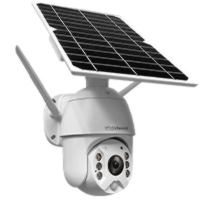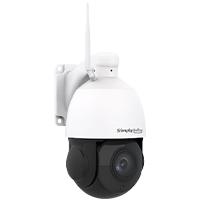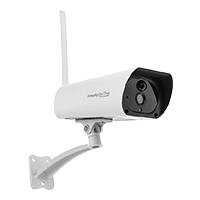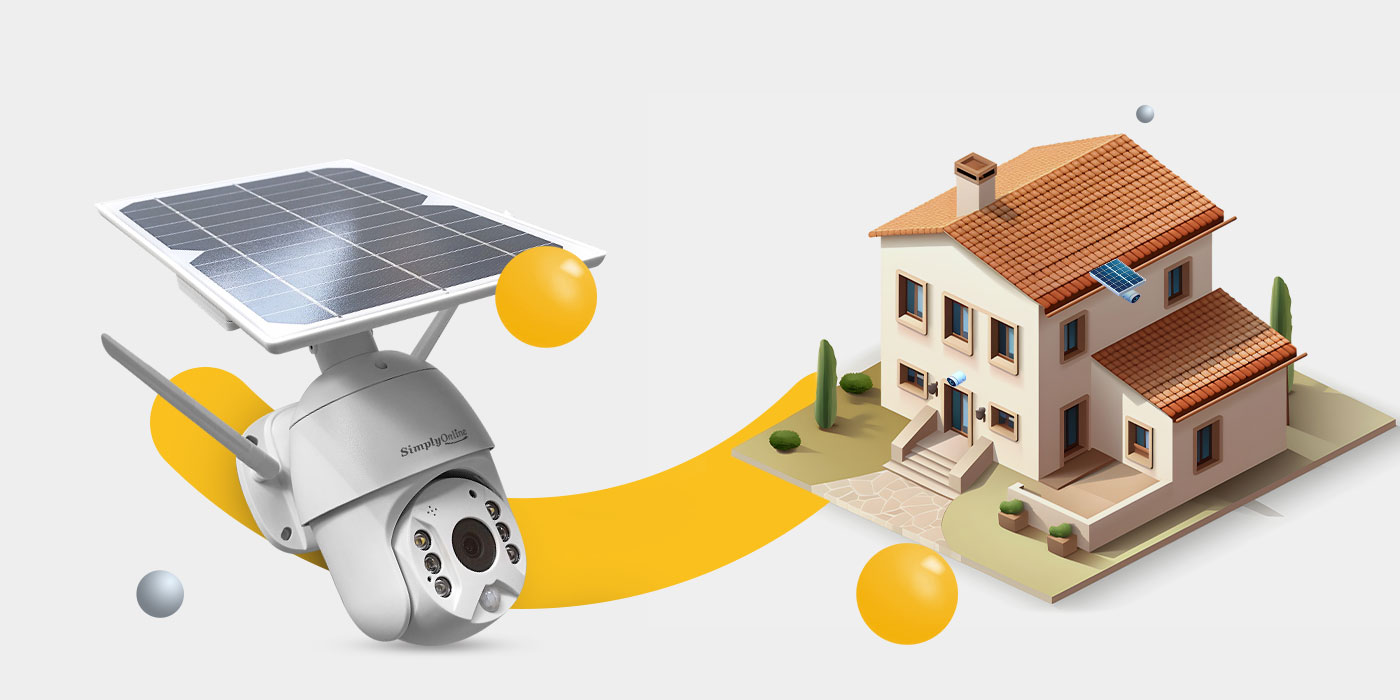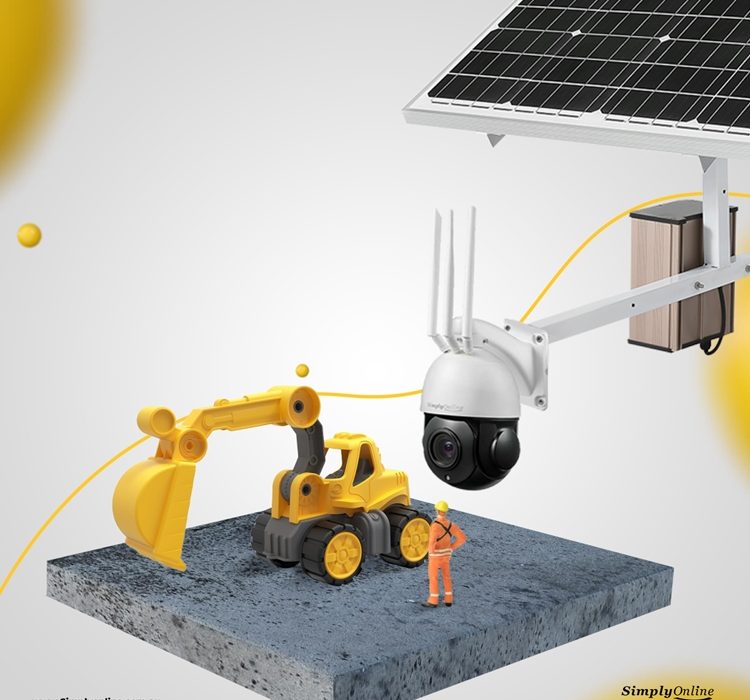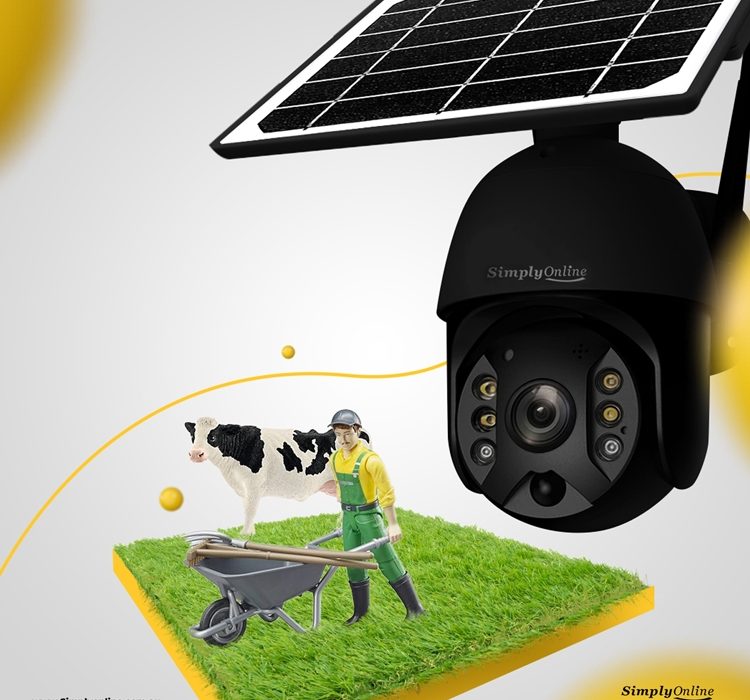Over time, man has seen that security is one of the most crucial and fundamental aspects of his life. Hence, he created Wireless CCTV camera systems to help cater to some of his security needs– surveillance and deterring crime.
This technological breakthrough has changed in the past decades and has become more sophisticated, and is accepted in many of our human settings as part of our lives.
To better grasp what the role CCTV cameras have played in our security. We’ll take a down memory lane to find out its origin.
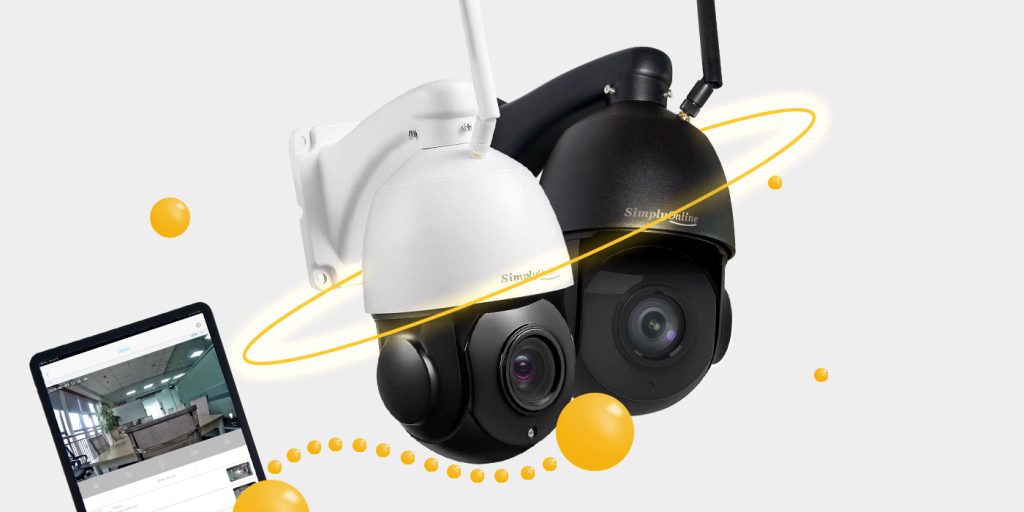
ORIGIN OF CCTV CAMERAS
The first-ever documentation of the use of CCTV cameras was in Germany in 1942. It wasn’t until 1949 that CCTV cameras became commercially viable and used publicly. At the time, Germany used CCTV cameras only to monitor the v2 rockets and weapons. This was the WW1 era.
Ever since its commercialization, we have evolved from using wired CCTV cameras to using wireless cameras, which have proven to be more efficient.
The images of the first closed-circuit televisions have since moved from the grainy video clips to a higher definition display.
It is only logical for us to begin to wonder how we can further evolve and become more sophisticated in securing our residences, businesses, and public places using closed-circuit television (CCTV).
The earlier surveillance systems were heavily dependent on humans, and as such, had tons of inadequacies.
Some of the inadequacies include the high cost of labor, the limitations in multi-screen monitoring, among others. These have necessitated the change from old surveillance systems into better versions like the wireless CCTV home security systems.
Usually, one wouldn’t consider checking the CCTV footage constantly, except in the case of an incident.
In today’s world, the best CCTV systems for home use now come with motion detectors set a certain sensitivity, but this too has its lapses.
When triggered, an alert is immediately sent either through your email or through a paired smartphone.
Ordinarily, the unsophisticated CCTVs, to a large extent, were effective.
However, the process of sorting the footages are tedious, in the sense that it takes hours until you get the right clips of where the incident occurred.
While motion detectors have helped to reduce the volume of sorting out data, In the case of an incidence, these motion detectors often send panic alerts.
Sometimes people going about their respective duties, like the paperboy, or the mailman, etc, flag the motion sensors.
When there is this kind of false alarm, you get a notification about them, and then you begin to panic.
To solve all these challenges, CCTV cameras are modified every time. So, what should we expect from CCTV cameras in the future?
- Facial recognition
- Ultra high dimension Cameras
- Artificial intelligence

Facial recognition in Wireless CCTV camera systems:
Sometime in the nearest future, one of the best Wireless CCTV camera systems for home use will be facial recognition. Facial recognition isn’t new in the world of Wireless CCTV camera systems. Top business organizations, and government agencies, invest millions and billions of dollars into projects, like facial recognition.
Facial recognition has enabled the police and other law enforcement bodies in the reduction of crime rate in public places by at least 40%.
For illustration, let’s look at an example of how facial recognition works. Imagine Wireless CCTV camera systems in an area where a robbery has just occurred.
These Wireless CCTV camera systems would be able to pick up, not just the motions, but would be able to recognize who did what by matching the images of people within that area to a database.
It wouldn’t be a surprise if facial recognition finds its way into our homes soon.
The Wireless CCTV camera systems will be able to recognize the faces of friends and family members and this will help reduce the rate of false alarms.
Ultra-high dimensions Wireless CCTV camera systems:
This is not a new trend in most climes. UDH Wireless CCTV camera systems are simply 4 times sharper than the regular 1080p cameras.
The challenge that comes with this type of camera is its large storage requirements.
In solving this, technologies are springing up that will easily store video clips in a compressed form.
The benefits of the UDH cameras are tremendous. It can zoom in on images and remain clear as crystal. It also reduces the need to have cameras all over the place because it can cover more space and can take videos in the dark.
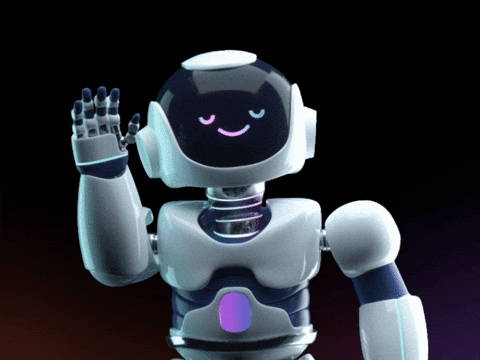
Artificial intelligence:
One of the lapses we identified with the old surveillance systems was its reliance on humans. Well, cameras of the future would not just run on facial recognition, but equally, become autonomous.
These cameras will be able to analyze suspicious human behaviors using artificial intelligence, track them, and give real-time updates.
In theory, these cameras will save a lot of time searching through voluminous amounts of videos using search entries, like “Man in blue.”
The camera then brings up relevant footages that may have taken hours to discover.
